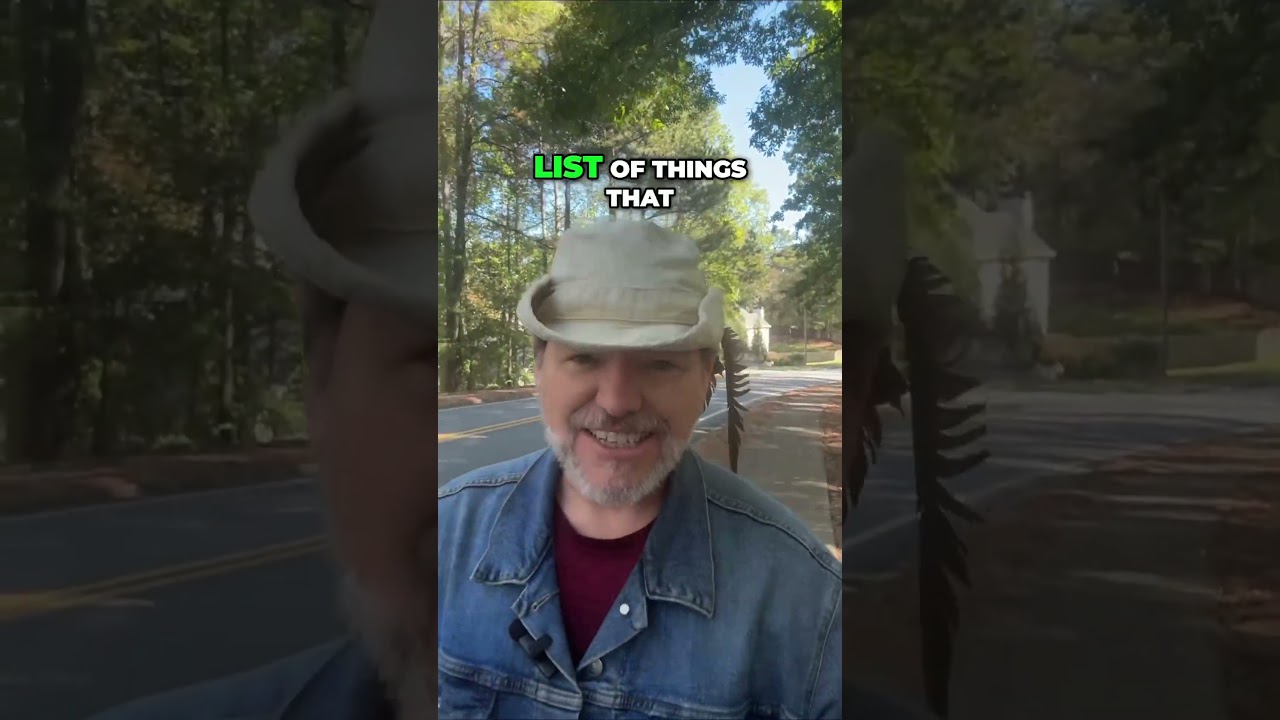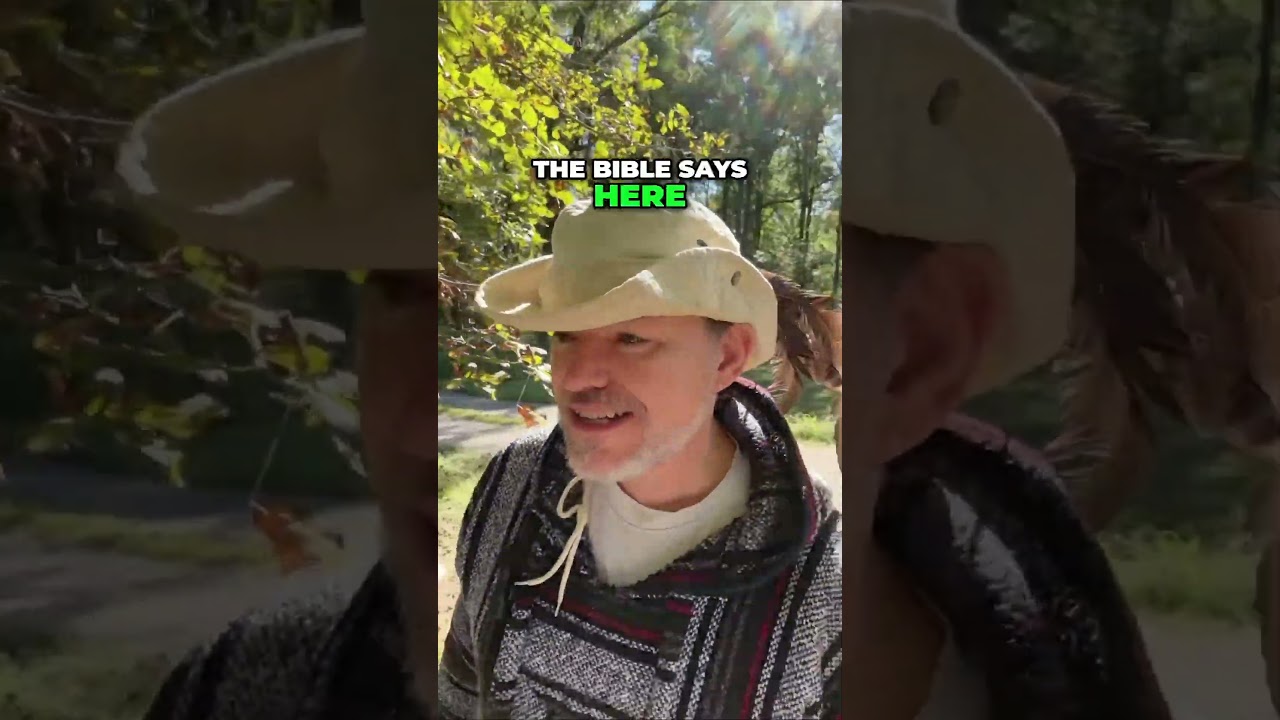How do people oppress foreigners and the poor today?
Explore how people today may unknowingly oppress the foreigner and the poor, reflecting on ways to actively show mercy and compassion. Participants are invited to consider practical steps to advocate for and support vulnerable groups in their communities.
#Zechariah7vs9_10 #TrueJustice #MercyAndCompassion #ProtectTheVulnerable #DailyBreadVerse #VerseForToday #MorningScriptures #BibleVerseInspiration #FaithFeed #ScriptureSnippets #SoulfulScriptures #bibleverse #IntersectionOfFaithAndLife**
“This is what the LORD Almighty said: ‘Administer true justice; show mercy and compassion to one another. Do not oppress the widow or the fatherless, the foreigner or the poor. Do not plot evil against each other.’” – Zechariah 7:9-10
This verse calls us to examine our treatment of the vulnerable, particularly foreigners and the poor. God’s command is clear: we must avoid oppression and show mercy. But what does oppression look like today, and how does it manifest in subtle ways?
How do we ensure we are part of the solution rather than the problem in our communities?
Check out this thought-provoking video to reflect on how we can walk in God’s calling to justice and compassion in our communities.
Oppression is a heavy burden that can manifest in so many ways today, particularly towards foreigners and the poor. I see it in the unjust systems that deny people basic human right like access to healthcare, fair wages, and adequate housing.
Those who come from foreign lands often face discrimination, whether in the workplace or within their communities. They might be scapegoated and viewed as threats rather than as individuals created in the image of God. I remember Jesus’ command in (Matthew 25:40), “Truly I tell you, whatever you did for one of the least of these brothers and sisters of mine, you did for me.” This challenges me to see the dignity in everyone, regardless of their background.
The plight of the poor is just as real. Many are stuck in a cycle of poverty that feels insurmountable, often due to systemic barriers that keep them from thriving. Instead of showing compassion, society sometimes turns a blind eye, just as Zechariah warns us against.
(Philippians 2:4) reminds me, “not looking to your own interests but each of you to the interests of the others.” A call to not only acknowledge their struggles but to actively engage in uplifting them.
To be part of the solution, I need to reflect on my own actions; am I just a bystander? I can serve in local shelters, advocate for fair labor practices, and support policies that help the vulnerable. I can choose to listen, learn, and engage with those whose experiences are different from mine.
(Psalm 82:3) instructs us to “Defend the weak and the fatherless; uphold the cause of the poor and the oppressed.” In doing so, we can cultivate a community that mirrors God’s heart for justice and mercy.
3 Likes
I just shared a video on the Philippians verse last week.
1 Like


